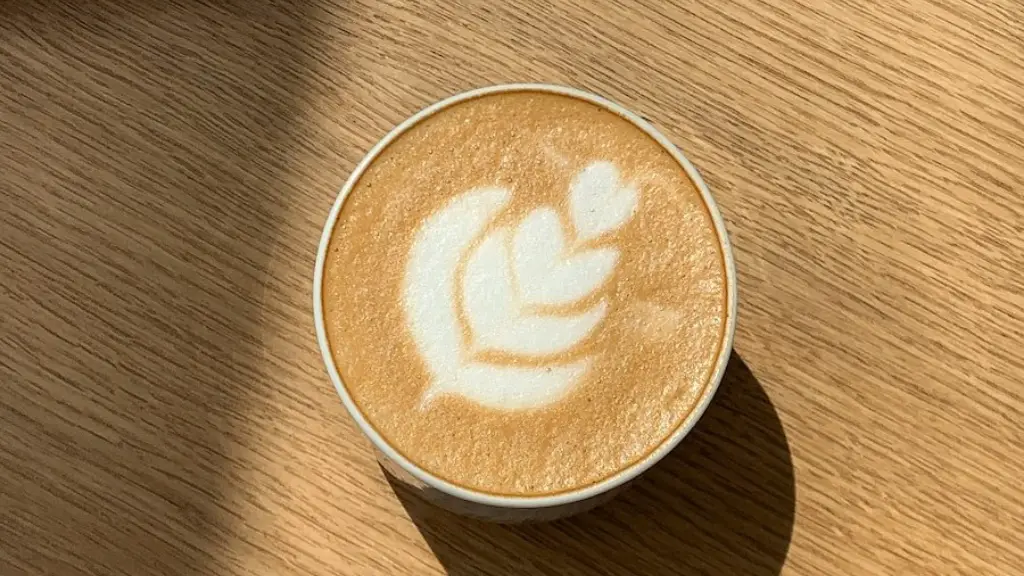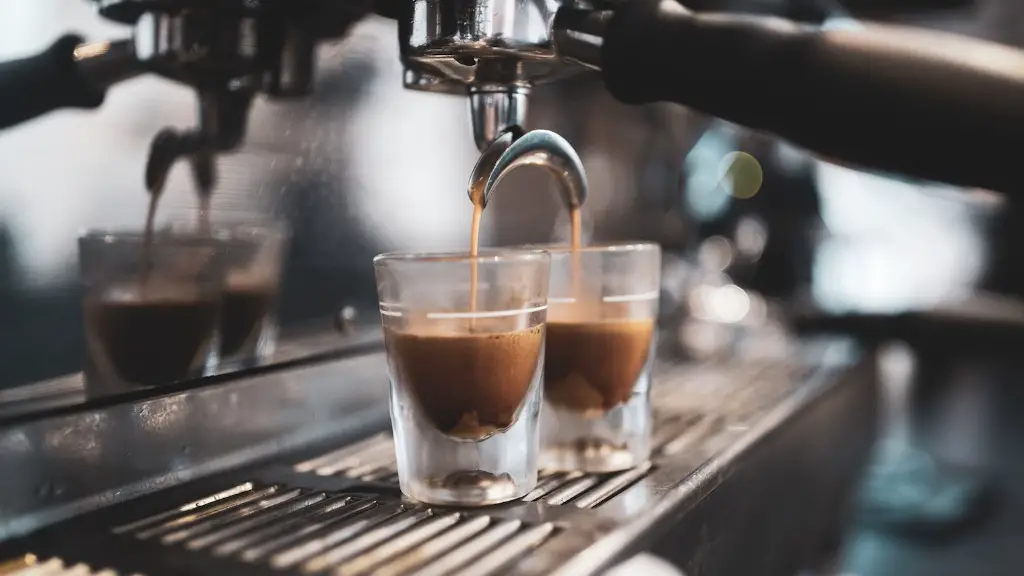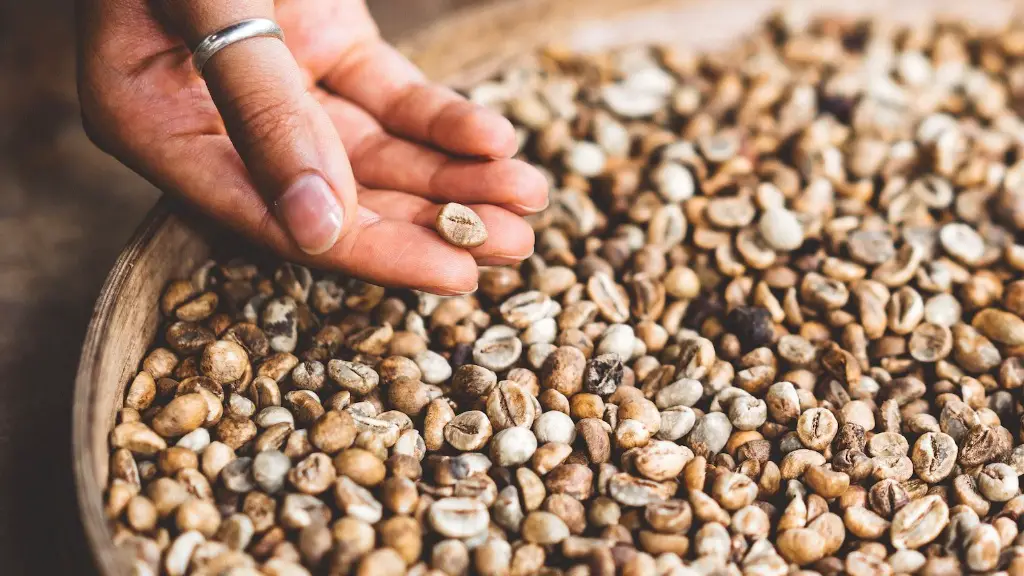Health Risks of Drinking Tea & Coffee
Tea and coffee are among the most widely consumed beverages in the world. Both are brewed from plants and provide essential antioxidants, vitamins and minerals. However, drinking too much of either can increase your risk of certain health complications. Long-term over-consumption of caffeine from tea and coffee can lead to insomnia, anxiety, irritability, digestive issues, dehydration and an irregular heartbeat. Excessive amounts of tea can also increase the risk of certain cancers.
The amount of caffeine you consume from tea and coffee is determined by the strength and type of each beverage. espresso typically contains the highest amount, followed by strong black tea, whereas white tea usually contains the lowest amount. The combined amount of caffeine should be taken into consideration when trying to reduce tea and coffee consumption.
Tips to reduce Caffeine Intake
The best way to reduce the amount of caffeine you drink is to switch to alternatives that contain less or no caffeine. Tea, coffee and soda drinkers can switch to natural herbal teas like chamomile, peppermint or green tea which naturally contain no caffeine. Not only are they more refreshing and easier to drink, but herbal teas can also help promote better sleep and digestion, reduce stress and promote overall health.
Decaf tea and coffee can contain about 6-8 milligrams of caffeine, diminishing the risk of health complications. Another option is to reduce portion size and overall consumption, for example adding smaller amounts of milk to coffee and tea, using decaffeinated coffee pods, or having one cup of coffee a day.
Replacing Unhealthy Habits
Though completely eliminating tea and coffee from your diet can help reduce health risks, this can be difficult to do overnight and may result in caffeine withdrawal symptoms such as headaches, fatigue and irritability. Experts suggest replacing unhealthy habits with healthy habits to reduce cravings. Drinking tea or coffee with each meal can easily be replaced with a glass of water or a calming herb such as chamomile or lavender.
Drinking herbal teas at different times throughout the day can also help replace the habit of drinking coffee or tea with meals, such as enjoying a warm herbal tea after breakfast or with lunch. Replacing tea and coffee with healthier sources of fluids like water can help improve digestion, improve concentration, reduce headaches, and ultimately help break the habit of drinking tea and coffee.
Identifying Triggers & Practicing Mindfulness
When attempting to cut back on caffeine consumption it’s often helpful to identify any triggers that cause you to reach for a cup of tea or coffee. Some people find it helpful to keep track of when they drink tea or coffee and what they’re doing when they drink it. This can help to identify a pattern or habit that’s formed. Once this habit is identified, it can be easier to identify and focus on any triggers, including certain situations or activities that cause the urge to drink tea or coffee.
Once triggers are identified, practicing mindfulness can help reduce cravings. Mindful drinking can help with mindful eating, by teaching how to remain present and more aware. Becoming more mindful of internal and external cues when drinking tea or coffee can help break the cycle of unhealthy habits, such as drinking tea or coffee when not feeling thirsty or reaching for a cup every time you sit down in front of the computer.
Altnerative Strategies to Reduce Stress & Improve Mood
Aside from cutting back on tea and coffee, alternative strategies can be used to reduce stress and improve mood. Exercise and mindfulness activities can be used as stress reducing strategies and can also help prevent unhealthy habits from relapsing. Additionally, focusing on eating a nutritious, balanced diet that includes proteins, carbohydrates, fats and plenty of fresh fruits and vegetables can help improve mood, reduce stress and reduce cravings.
Finally, it’s important to stay hydrated when trying to reduce tea and coffee consumption. Good hydration helps eliminate toxins from the body, improves skin health and can help reduce cravings for unhealthy drinks. Distilled water, mineral water, freshly squeezed fruit juices and coconut water are the best beverages to choose when trying to drink well.
Limiting Sugar Intake & Being Aware of Hidden Caffeine
It’s important to limit added sugars from tea and coffee to prevent health complications. Too much sugar can cause blood sugar spikes, weight gain and other health risks.
It’s also important to be aware that many energy drinks and soda’s contain high amount of caffeine, sometimes even more than tea and coffee. Choosing these drinks over tea and coffee can further increase the amount of caffeine consumed, making it harder to reduce tea and coffee intake.
Concentrating on Self-Care & Nutrition
When trying to cut down on tea and coffee consumption it’s important to focus on self-care and nutrition. Eating nourishing, balanced meals and getting plenty of rest can help reduce cravings for unhealthy drinks. Practicing yoga, meditating, taking walks and spending more time in nature are also great strategies for improving mood and wellbeing.
Taking some time each day to relax and focus on self-care can help reduce stress, cravings, and other unwanted side effects. Improving sleep hygiene and having a bedtime routine can also help reduce stress and promote better sleep, further helping to reduce cravings for unhealthy beverages.
Avoid Over-Caffeinated Beverages & Enjoy Herbal Teas
The main strategy to reduce tea and coffee consumption is to avoid over-caffeinated beverages and enjoy natural herbal teas instead. Herbal teas can provide plenty of antioxidants and vitamins while still reducing caffeine consumption. Equally important is to focus on nutrition, self-care and mindfulness to help prevent unhealthy habits from surfacing. By incorporating these strategies into your lifestyle, it can be easier to reduce tea and coffee consumption in a healthy and sustainable way.



